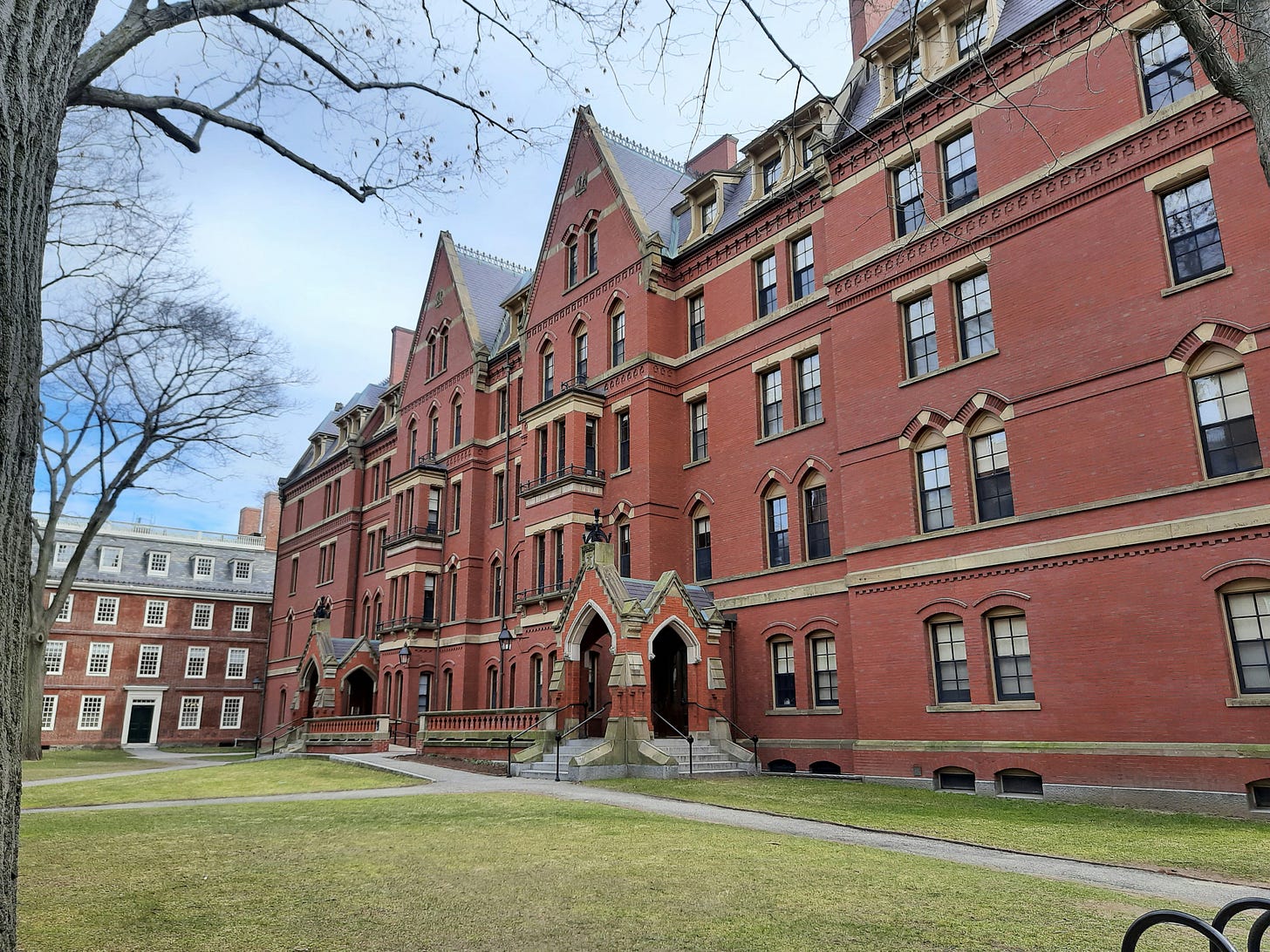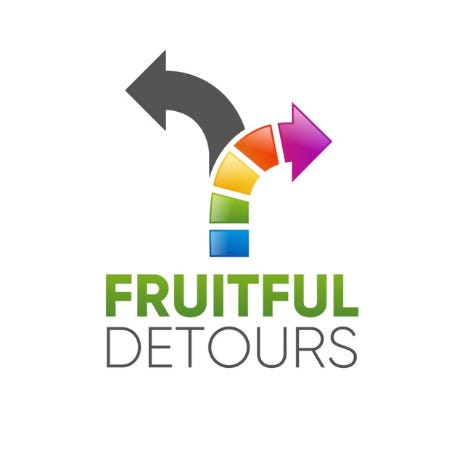What is College for?
Some people go to college “to get a job.” That’s probably the worst reason to go. When I was growing up, I didn’t have a choice. The expectation in our house was that you went to high school and then college. Period.
My Dad was the first person in his family to ever go to college, and my Mom never did go, and sometimes said she regretted it later on. They believed that to be competitive in the modern economy, you needed a college degree. That may have been true in the 20th century, but no longer. Today many jobs and careers are based on skills that can be learned online or through experience, and college isn’t always the best way to develop those skills.
Some careers like medicine, law, and teaching still require specialized education, but many others that used to require degrees, like information technology and marketing, are much more focused on “what have you done?” Your previous experience is what counts. Just a quick perusal of YouTube will bring up hundreds of successful entrepreneurs who started with an idea, and have made a fortune.
So why should we encourage our young people to go to college? Let’s start by saying it is not for everyone. Some people just don’t like school. They may struggle to sit still for long periods, or they may not be verbal learners. There are innumerable skills that can be developed through trade schools, the military, on-the-job training, and pure determination and practice. The creator economy is another employment path that doesn’t require anything more than, well, creativity.
What college does offer is more intangible. While I learned stuff in class, I also developed an intellectual curiosity about many topics that I had no familiarity with previously. I was likely a pretty curious kid to start with, but my curiosity would have been unstructured and unfocused before college. I was exposed to new fields of study and new ideas that I wanted to learn more about.

Heading off to college was also a milestone in my social development. I lived independently for the first time, with people who were different from me, who arrived with different experiences and perspectives. We talked about everything and learned from each other, and I got glimpses of a larger world with more possibilities than I had imagined. It was in college that I had to make my first decisions about what I valued and how I should act. I figured out what my priorities were, and how to change them.

I believe that the most important thing that I took from college was that I learned how to think. I had a freshman writing class, and during this class, my teacher, who was a poet, showed me the difference between simply putting words on a piece of paper and developing a thought with self-criticism and reflection. I learned that writing can help me to determine what it is that I think, and what the problems are in my arguments.
It’s interesting that now our most famous universities across the country are facing the wrath of the government. It seems as though any ideas that are contrary to those of the majority in government are targets of attack. This appears to be antithetical to my understanding of what the university is about. My concern is that our ability to think and debate and develop research depends upon the ability to throw out ideas that can be discussed without penalty, even when we disagree with them. When particular ideas become problematic, or worse, censored, then the entire discussion is skewed and degraded.



